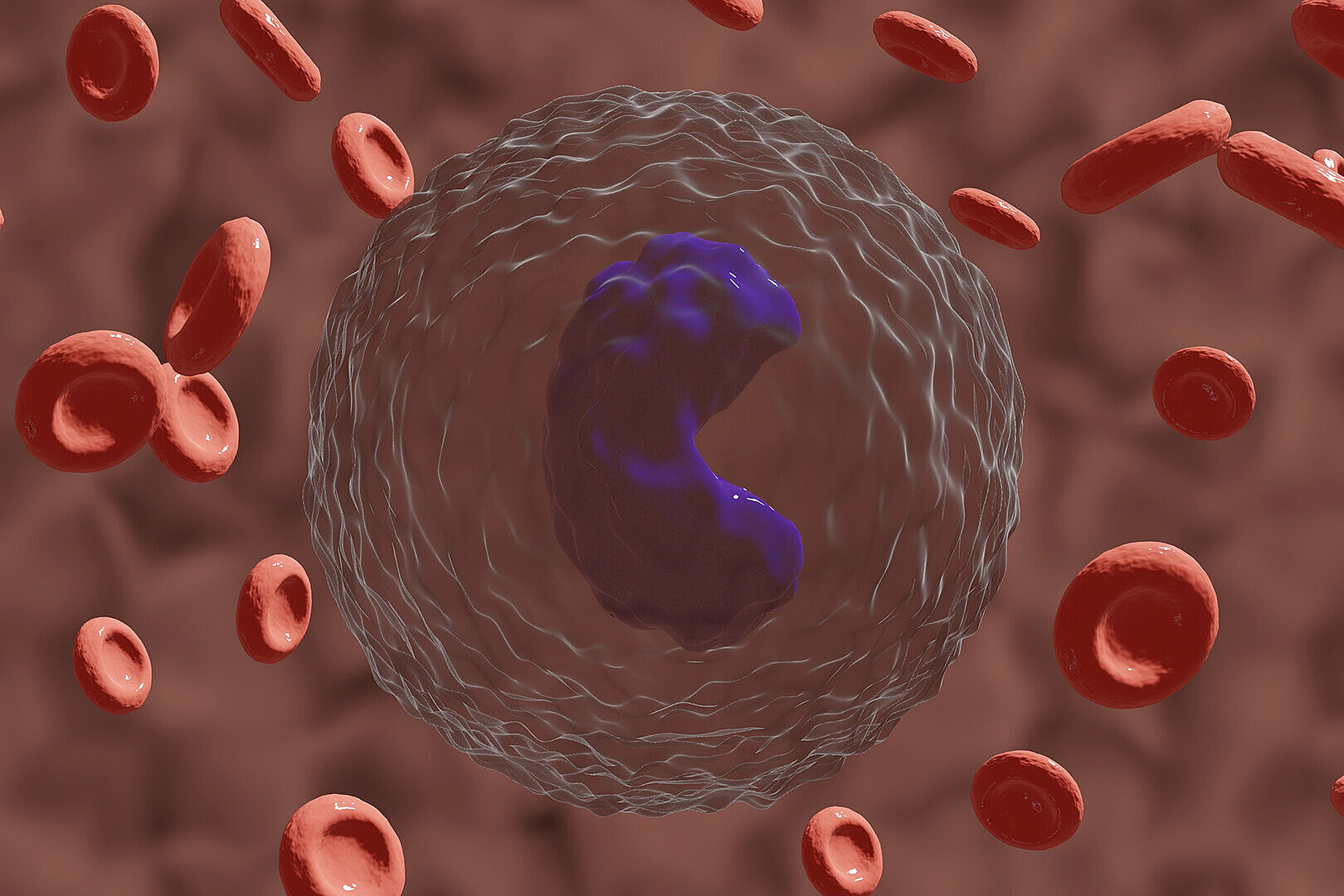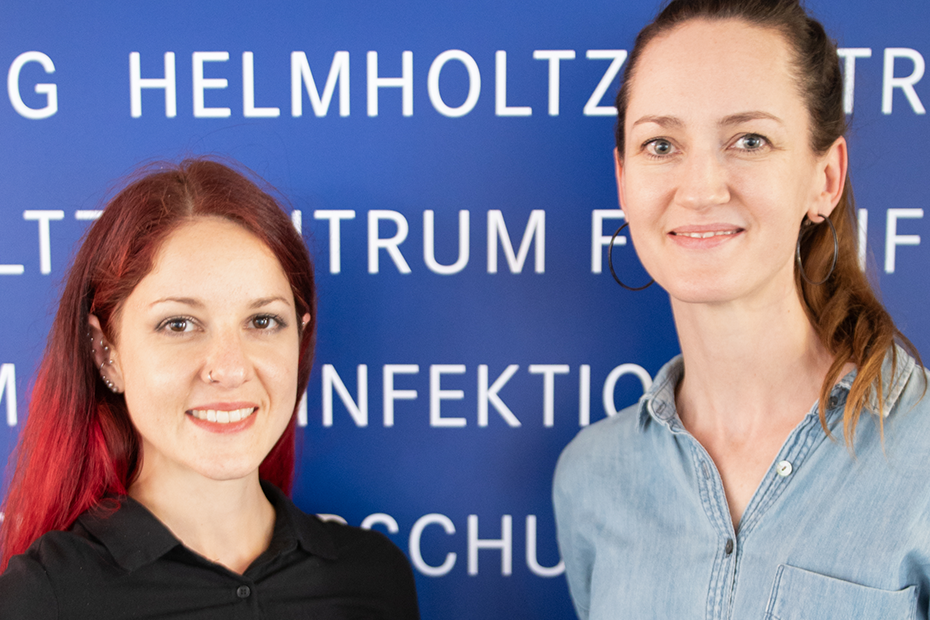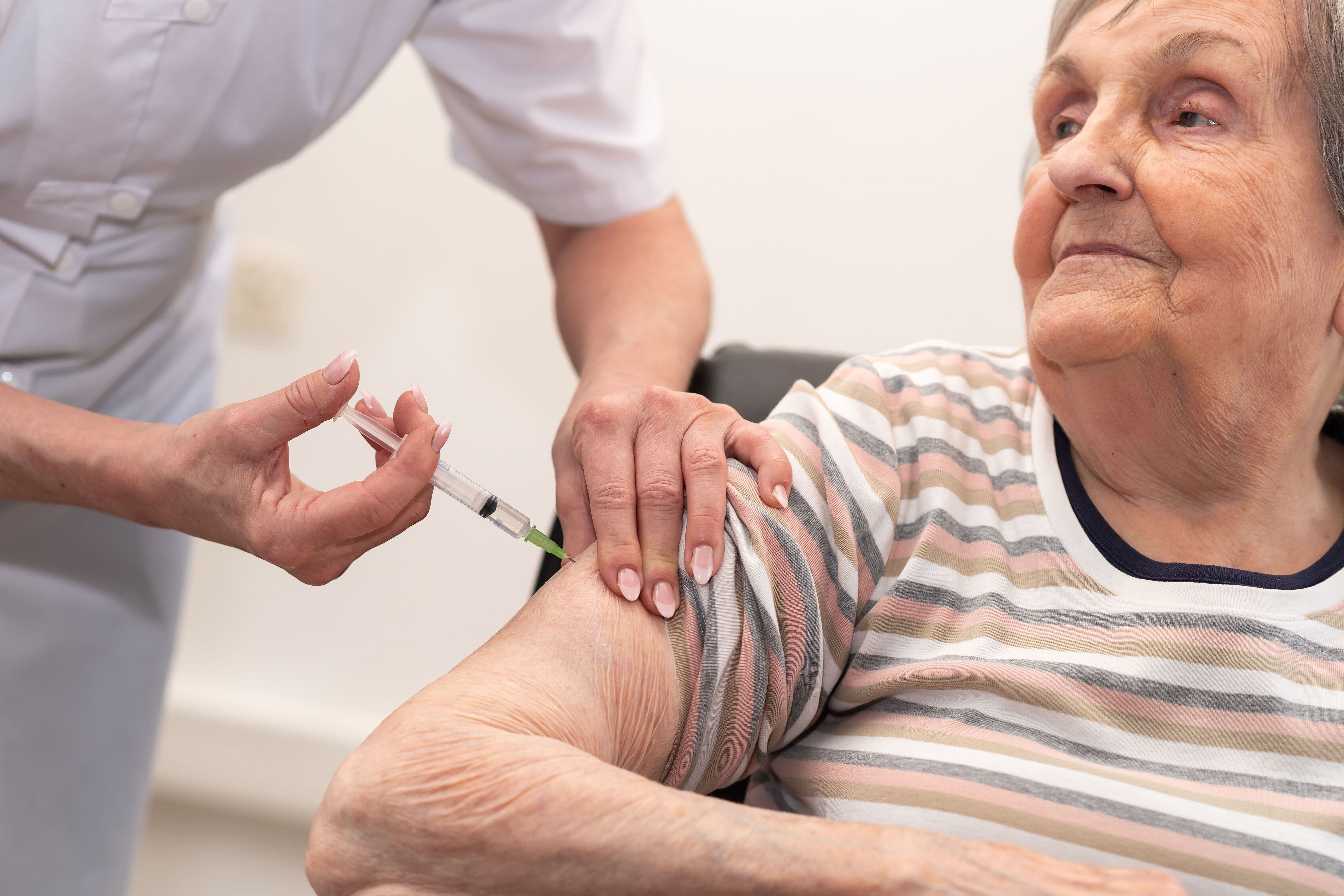The Bacillus Calmette‑Guérin (BCG) vaccine, in use for nearly a century to protect against tuberculosis, has long intrigued scientists for its ability to confer non‑specific protection against other infections. A new study led by the Centre for Individualised Infection Medicine (CiiM) in Hannover and the Radboud University Medical Center in Nijmegen (Netherlands) has now mapped a potential molecular basis of this “trained immunity” showing that BCG vaccination induces stable epigenetic changes in immune cells that enhance their responsiveness. The CiiM is a joint institution of the Helmholtz Centre for Infection Research (HZI) and Hannover Medical School (MHH).
Over a three‑month follow‑up of 284 healthy adult volunteers, the team profiled DNA methylation - a chemical tag that modulates gene activity without altering the underlying genetic code - in key immune cell types. They found that BCG leaves a distinctive methylation signature persisting well beyond the initial vaccination period. These modifications tune the expression of genes involved in pathogen sensing, inflammatory signaling, and metabolic processes, effectively priming the immune system for faster and stronger reactions to subsequent infections.
Remarkably, individuals’ baseline DNA methylation landscapes could predict the magnitude of their trained‑immunity response. “Our data suggest that each person’s unique epigenetic fingerprint determines how robustly their immune cells ‘learn’ after BCG,” explains senior author Prof. Cheng-Jian Xu and leader of the research group “Clinicial bioinformatics” at the CiiM. This insight opens the door to bespoke vaccination strategies, in which a pre‑vaccination epigenetic profile could inform dose or schedule adjustments to maximize efficacy for each recipient.
In addition to epigenetic reprogramming, the researchers uncovered an unexpected hormonal link: in laboratory assays, kisspeptin - a peptide hormone traditionally known for triggering puberty - dampened innate immune activation. This cross‑talk hints at broader regulatory networks through which the body balances growth, reproduction, and defense, and raises the possibility that hormonal status might influence vaccine outcomes.
The study also highlights notable sex differences. Men and women displayed distinct patterns of methylation change and immune gene activation in response to BCG, underscoring the need to factor sex as a biological variable in vaccine trials and development. Tailored approaches that account for these differences may improve protection across populations.
Using cutting-edge systems biology approaches, the study also revealed that DNA methylation changes mediate the effects of genetic variants on immune response, providing a mechanistic bridge between genetics, epigenetics, and immunity. These insights could inform future vaccine development strategies—particularly those targeting broad-spectrum protection or tailored to individual immune profiles.





